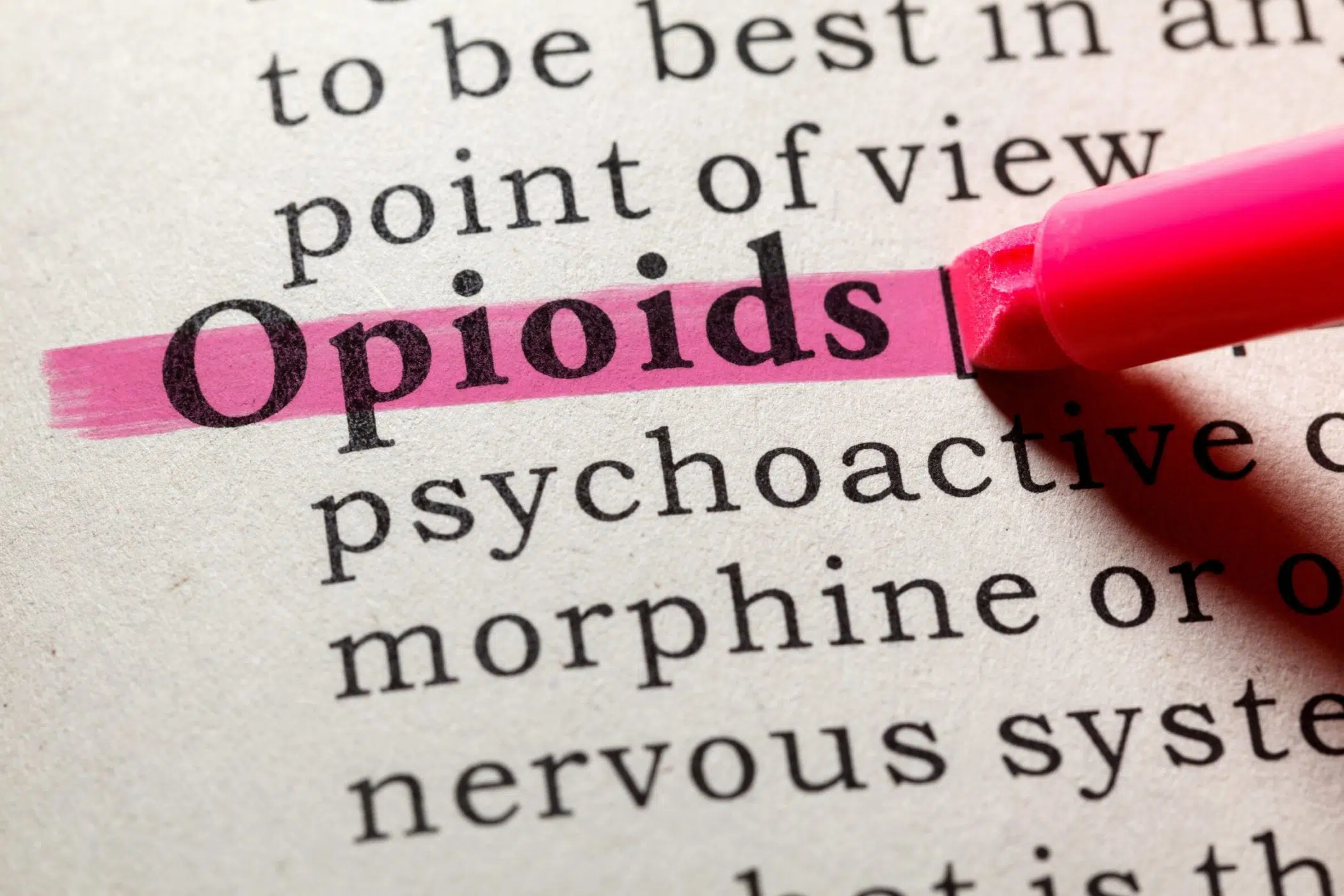
The moment someone stops taking opiate is the moment the clock starts ticking on potentially life threatening withdrawal symptoms. The prevalence of opioid addiction has risen to impacting over 12 million people in the United States alone which is why learning about opiate detox and withdrawal could help save you or someone you care about from a life of opiate abuse.
Stopping Use Is the First Step
Breaking away from opiate addiction will be a lifelong commitment as there is no cure that completely removes addictive tendencies from an individual, but rather sets of tools and resources that allow problem drug users to prepare themselves to overcome future cravings and impulses. Detoxing through discontinuing the use of opiates is the only way to get the ball rolling towards recovery.
How Medically Assisted Opiate Detox Starts
The reason medically assisted detox is the best approach to stopping opiate use is due to the withdrawal symptoms experienced during the process. When done under proper supervision, the 7-10 days that detox typically takes can be a much more comfortable experience than attempting to do so alone. It also means that severe symptoms can be treated accordingly to avoid further complications.
Opiate Withdrawal Symptoms
During substance abuse, the mind and body of a user become dependent on the chemicals released during opiate use. Once the presence of the substance ceases, the body works in overdrive to try to compensate for the lack of chemical balance. This process presents itself in the form of withdrawal symptoms which include:
- Psychological changes such as anxiety or mood swings
- Excessive sweating
- Nausea, diarrhea and vomiting
- High blood pressure and rapid heart rate
- Fever and hot flashes
- Severe urge to use opiates
While the symptoms can be mild for those who started detoxing early on in their addiction, longtime users will be subject to more severe withdrawal symptoms that can only be managed under the care of a team of medical professionals.
Teams such as ours at America’s Rehab Campuses that show compassion and a genuine love for helping others overcome addiction are what make the difference between a successful detox and an opiate relapse.
Once Detox Is Over, Treatment Can Begin
Completing opiate detox is no small feat as it’s often the hardest part of beating addiction. The next step is an addiction treatment program based on the severity of the addiction and the needs of the individual. Treatment will consist of maintaining sobriety while attending therapy and addiction management sessions in most cases. Individuals needing more intensive care can choose to be treated in a hospital or move into a sober living home to be held accountable by others.
We strongly encourage anyone who is struggling with opiate addiction to take the first steps towards recovery and treatment. Let our team of passionate addiction specialists make the process as easy as possible from the first day of detox to the first anniversary of sobriety.

